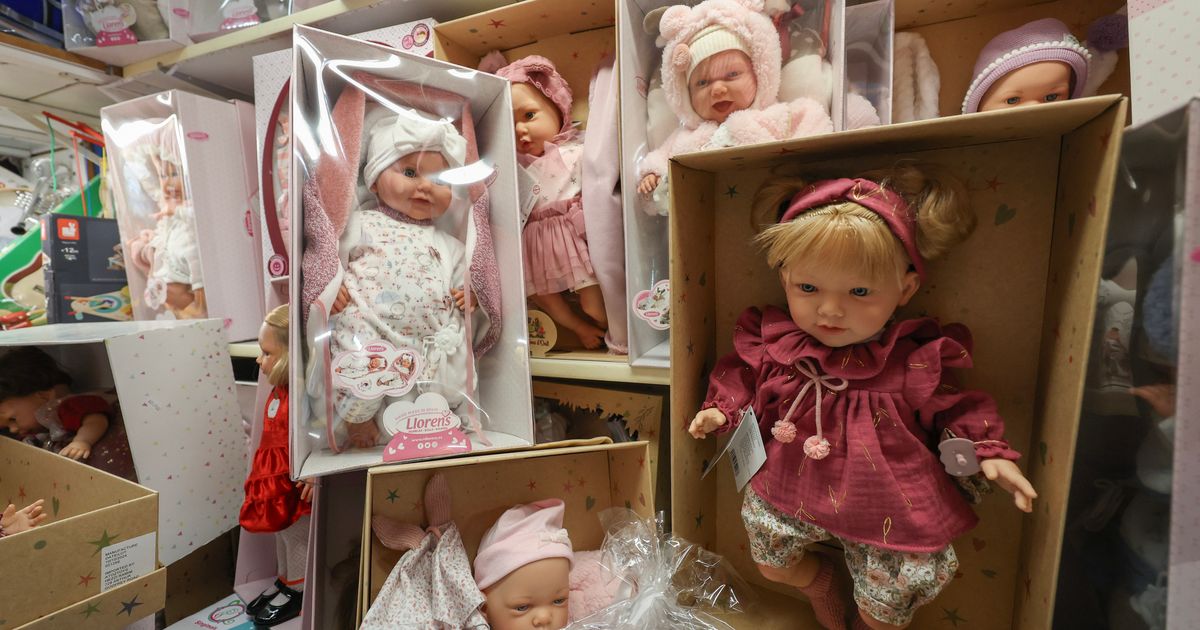
"During a White House Cabinet meeting on April 30, a reporter asked Trump if he would speak to President Xi about trade, and Trump launched into an answer suggesting that Chinese factories were struggling thanks to his tariffs. He added that Chinese manufacturers had done very well under President Biden, "selling us stuff, much of it we don't need." "You know somebody said, 'Oh, the shelves are gonna be open,'" Trump said, presumably meaning empty."
"As the uncertain consequences of Donald Trump's trade war and tariffs continue to play out across the U.S. and world economy, one question looms above any other: Why do Trump and his advisers keep talking about dolls?"
"He found only one toy in the store that is made in Vermont, which will not see a price increase. The store owner said he would have to raise prices on almost all the toys in his store due to the Trump administration's tariffs on countries he imports toys from."
"The issue of doll prices, doll shortages, and, most crucially, doll-ownership expectations has come up again and again. Are toy dolls some kind of universally applicable economic indicator?"
Hezzi Ramim, owner of A to Z Toys in Miami Beach, is forced to raise prices on most imported toys due to tariffs imposed during the Trump administration. This issue has gained prominence recently, especially after Trump mentioned dolls during a Cabinet meeting. His remarks suggested that fewer dolls might mean higher prices, stirring discussions on how doll demand reflects broader economic concerns. While Ramim finds only one locally made toy unaffected by these tariffs, the situation raises questions about how trade policies impact retailers and consumer expectations about products like dolls.
Read at New York Magazine
Unable to calculate read time
Collection
[
|
...
]